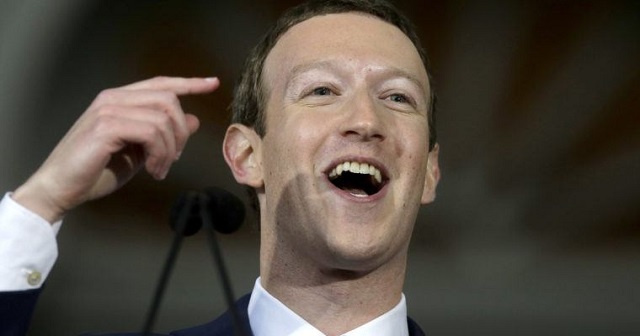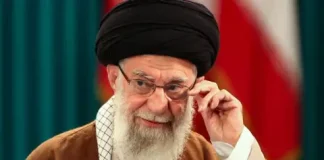The move has the potential to redefine how billions of people use the apps to connect with one another while strengthening Facebook’s grip on users, raising antitrust, privacy and security questions.
Mark Zuckerberg, Facebook’s chief executive, plans to integrate the social network’s messaging services — WhatsApp, Instagram and Facebook Messenger — asserting his control over the company’s sprawling divisions at a time when its business has been battered by scandal.
The services will continue to operate as stand-alone apps, but their underlying technical infrastructure will be unified, said four people involved in the effort. That will bring together three of the world’s largest messaging networks, which between them have more than 2.6 billion users, allowing people to communicate across the platforms for the first time.
The move has the potential to redefine how billions of people use the apps to connect with one another while strengthening Facebook’s grip on users, raising antitrust, privacy and security questions. It also underscores how Zuckerberg is imposing his authority over units he once vowed to leave alone.
The plan — which is in the early stages, with a goal of completion by the end of this year or early 2020 — requires thousands of Facebook employees to reconfigure how WhatsApp, Instagram and Facebook Messenger function at their most basic levels, said the people involved in the effort, who spoke on the condition of anonymity because the matter is confidential.
Zuckerberg has also ordered that the apps all incorporate end-to-end encryption, the people said, a major step that protects messages from being viewed by anyone except the participants in conversation.
In a statement, Facebook said it wanted to “build the best messaging experiences we can; and people want messaging to be fast, simple, reliable and private.” It added: “We’re working on making more of our messaging products end-to-end encrypted and considering ways to make it easier to reach friends and family across networks.”
By stitching the apps’ infrastructure together, Zuckerberg hopes to increase Facebook’s utility and keep users highly engaged inside the company’s ecosystem. That could reduce people’s appetite for rival messaging services, like those offered by Apple and Google. If users can interact more frequently with Facebook’s apps, the company might also be able to increase its advertising business or add new revenue-generating services, the people said.
The change follows two years of scrutiny of Facebook’s core social network, which has been criticized for allowing election meddling and the spreading of disinformation. Those and other issues have slowed Facebook’s growth and damaged its reputation, raising the hackles of lawmakers and regulators around the world. Zuckerberg has repeatedly apologized for the problems and has vowed to fix them.
Knitting together Facebook’s apps is a stark reversal of Zuckerberg’s previous stance toward WhatsApp and Instagram, which were independent companies that Facebook acquired. At the time of the acquisitions, Zuckerberg promised WhatsApp and Instagram plenty of autonomy from their new parent company. (Facebook Messenger is a homegrown service spun off the main Facebook app in 2014.)
WhatsApp and Instagram have grown tremendously since then, prompting Zuckerberg to change his thinking, one of the people said. He now believes integrating the services more tightly will benefit Facebook’s entire “family of apps” in the long term by making them more useful, the person said. Zuckerberg floated the idea for months and began to promote it to employees more heavily toward the end of 2018, the people said.










